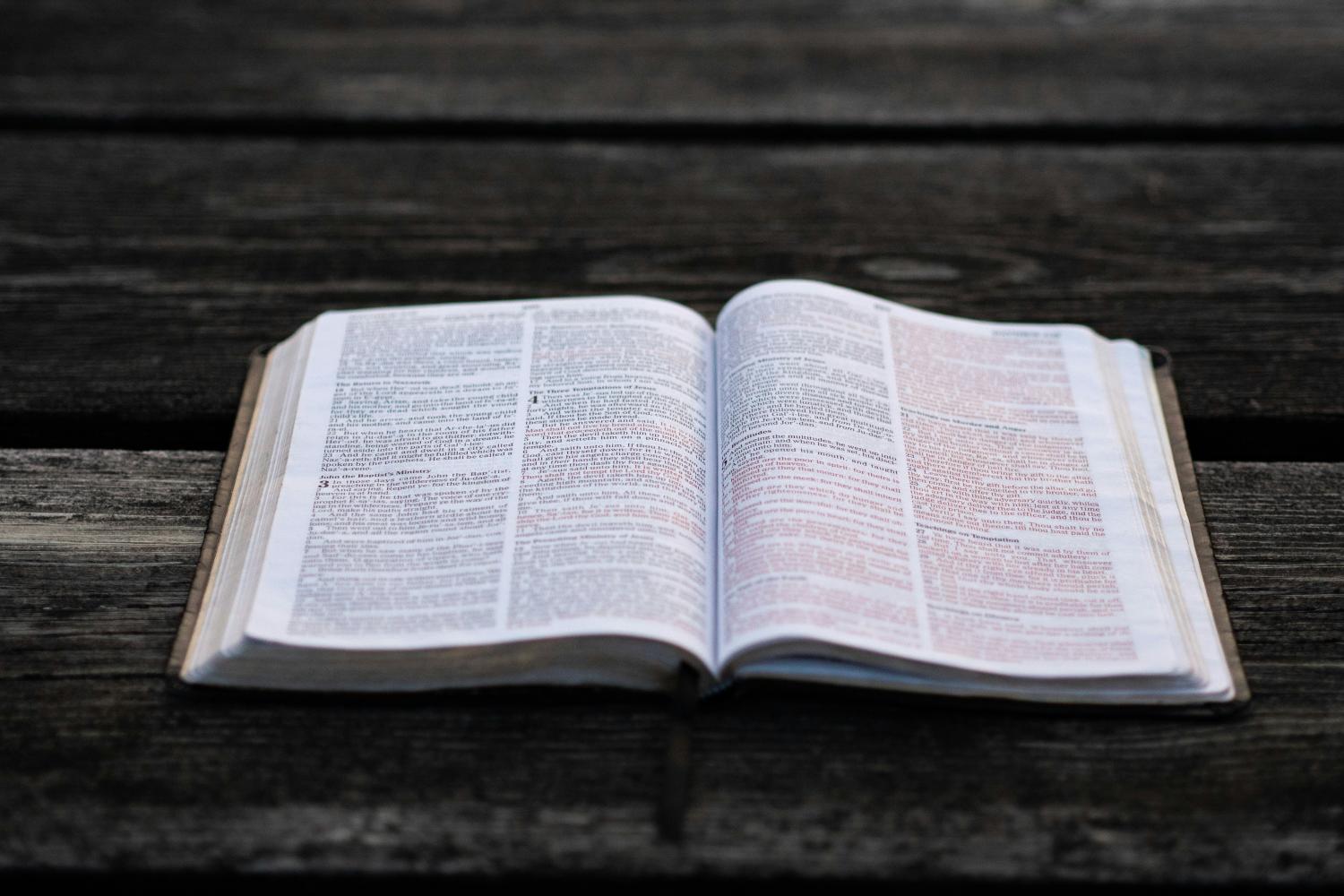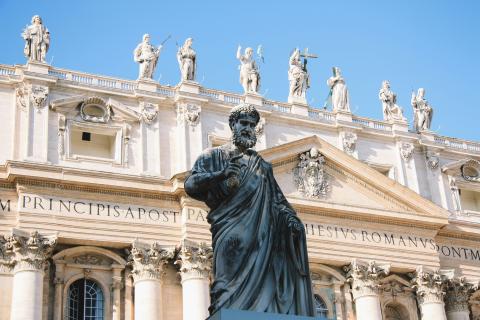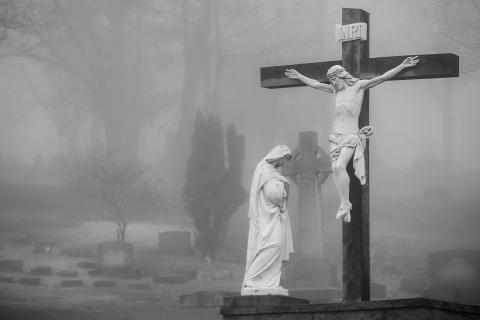
“Sales of Bibles are booming,” the Wall Street Journal observed this week. Despite total U.S. print book sales being up less than 1% this year, Bible sales are having far less trouble finding a market, having soared by 22% in the same period.
It’s an interesting, perhaps telling statistic. “Bible sales” makes for a data set that’s not highly controversial to interpret or attribute. It’s not, for instance, highly political or politicized; it’s not driven by activists, and it’s not just an expression of polling results. The data set is just the result of regular people choosing to buy the Bible.
So what’s behind that choice? While not exactly rabble-rousing, statistically, the “boom” is puzzling in terms of its cause: the climbing demand for Bibles has risen at the same time the country has continued to secularize in terms of formal religious affiliation. And while some are inclined to trace the bump simply to “highly focused marketing efforts” as a result, more publishers see it as a function of a general increase in stress and worry: “People are experiencing anxiety themselves, or they’re worried for their children and grandchildren,” commented one. “It’s related to artificial intelligence, election cycles…and all of that feeds a desire for assurance that we’re going to be OK.” And the Scripture, apparently, is more and more seeming to be a place folks suspect they can find it.
As much of Christian thought and life drains from our culture, then, this is a good data point to keep in mind. Often, there’s a temptation close to hand to think that the world’s just not interested in the Gospel anymore; as a place for calming or resolving their real life cares and concerns, it sometimes seems as though people have “been there, done that,” in terms of taking refuge in the promises of the Bible, finding it somehow wanting. But in fact that doesn’t seem to be the case. It doesn’t seem as though people have tired of the Gospel; it seems as though they haven’t really heard it yet, in the fullness of its scope and vitality. For when they are experiencing the stories of the Scripture truly – whether in the words on the page of their crisp new editions, or through media like The Chosen or The Bible in a Year podcast, the popularity of both also being useful signs of the times – they’re tending to be captivated.
As one pastor noted, the Bible is the “grand epic story of the great questions of life. What do we do with grief or anger, what are we here for, where is the world going?” The wide world doesn’t provide a lot of help in answering these fundamental, life-defining questions. The Bible does. It offers a real and genuine alternative to the consumeristic, self-focused, self-sufficient lifestyle our culture tends to encourage, one rooted in principles and a narrative that gives meaning to all that we are and do. And so as the pangs and griefs of popular culture are becoming more and more felt, this Scriptural alternative seems to be growing increasingly attractive. In the face of all the other news that we tend to come across about the demise of Christianity, then, that’s a bright spot worth noticing, and worth taking to heart, as those entrusted with the refreshment and renewal of the communities of which we’re part – as those entrusted with communicating the “grand epic story” that indeed is the Gospel of Jesus Christ.
In Iraq, young Christians - mostly Catholics - have made their voices heard through a survey that sheds light on their views of Church and country.
Five years after a catastrophic fire, Notre Dame will reopen in Paris on December 8, sporting brighter walls due to the restoration work that left the original structure intact.
As abortion continues to be legalized across the states of Mexico, Catholic News Agency offers insider perspectives on the social and political factors that have led to such a rapid change.
Days after the feast of St. Francis Xavier, it's important to reflect upon his missionary zeal (which we all too often lack). As one author remarks, "For Francis, not to evangelize would be to jeopardize the eternal salvation of others and place his own soul in mortal danger too."
Catholics are called to "active participation" in the Mass. What does that mean - and what does it not mean?


